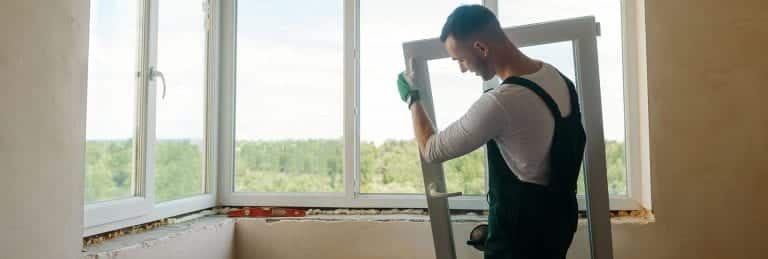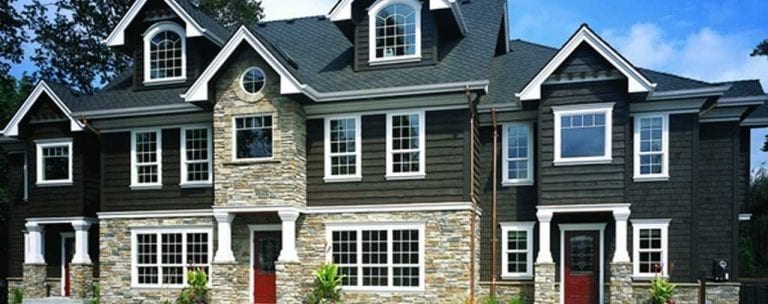Use Decorative Glass to Add Appeal to Your Next Project
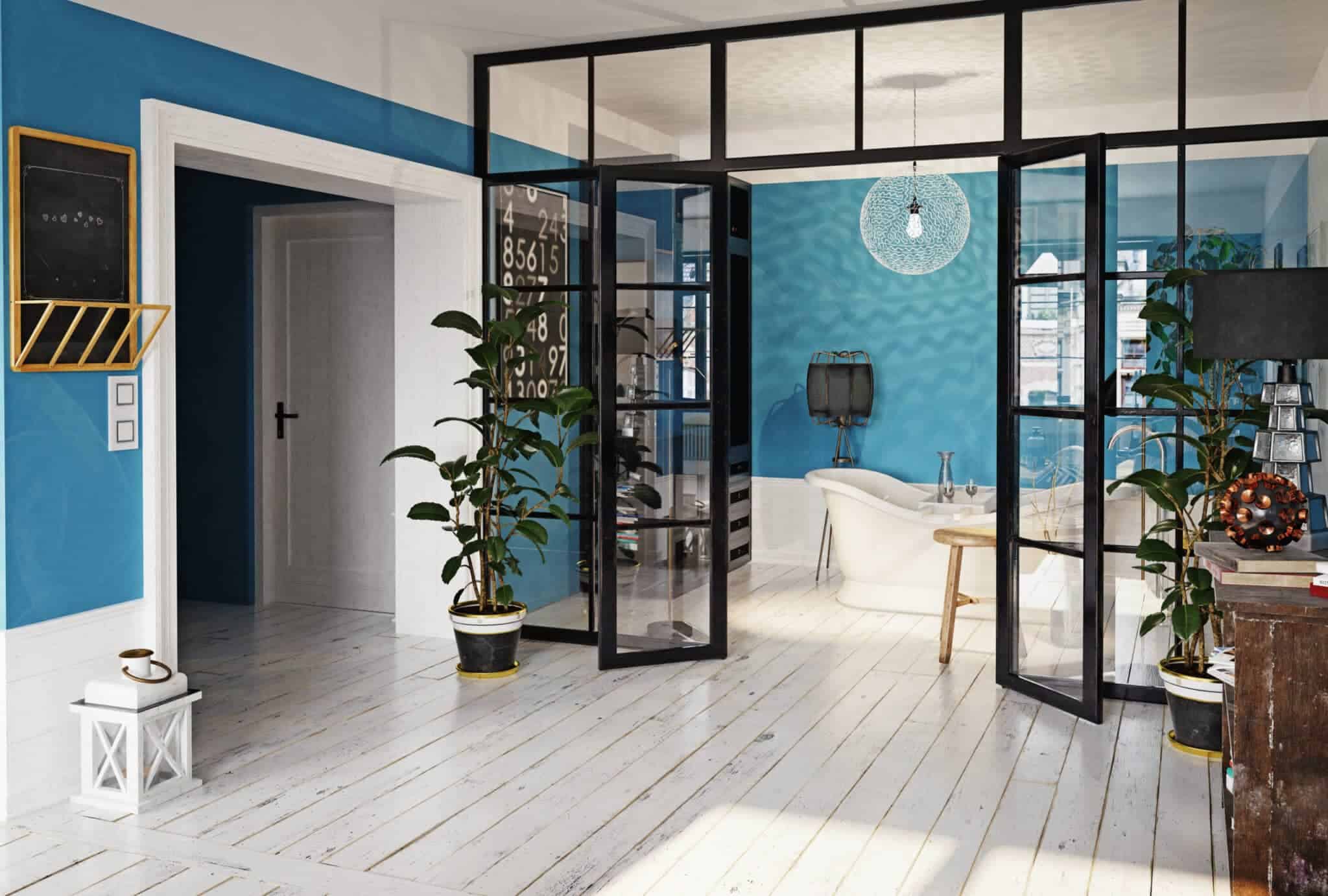
Use Decorative Glass to Add Appeal to Your Next Project
For centuries, clear glass has been used in construction as a functional detail—to let light in and keep the elements out. Now, in an age of new technologies (and design trends), you can use glass for aesthetic as well as functional purposes.
While clear glass won’t add much ornamental detail to your next home renovation, there are a variety of decorative glass replacement styles that you can order from your favorite glass shop that can enhance any project. Let’s look at how to use decorative glass in your next home project.
Types of Decorative Glass
As you contemplate your next design project, you’ll have two primary decisions to make: the type of glass and its location in your home. There are four noteworthy varieties of decorative glass that can add aesthetic value to a project.
Frosted Glass
Cloudy and translucent, you’ll often see frosted glass in bathrooms. The unique texture is created by either blasting sand at the glass panel or using an acidic solution. Frosted glass lets in some light while providing privacy.
Etched Glass
Like frosted glass, etched glass is created through sandblasting or acid etching. Unlike frosted glass, which is entirely clouded, etched glass will have a surface design—parts of the glass panel will be transparent with other parts translucent, often to create art or unique patterns.
Tinted or Colored Glass
Colored glass is an eye-catching material in home construction. Through special glazing processes, the glass is tinted or colored to a specified hue, offering an added layer of privacy and heat protection. The result is a pane that’s as energy efficient as it is beautiful.
Within the colored glass category, you’ll also find stained glass, which denotes the mosaic-like patterns of different colored pieces typically found in churches.
Beveled Glass
The term beveled glass refers to the construction of the pane rather than its color or design. The edges of beveled glass end with a slight slope, rather than a flat 90-degree angle. The bevel catches the sunlight, creating prisms of colors that draw attention to your masterpiece.
Where to Add Decorative Glass
Now that you understand your options, you can decide where to integrate them within your home. Different styles work best to highlight different rooms or features, so you’ll want to consider the overall effect of your design project.
With an infinite number of uses in a residential context, decorative glass can range from elegant and refined to wild and wonderful. Let’s look at some ideas for each section of your house.
Your Home’s Exterior
Glass in the home is most commonly associated with clear window panes. While there’s a time and place for clear glass, decorative options are a more exciting way to let in light.
Consider replacing your simple interior glass walls or panes for something more visually appealing, such as:
- Stained glass – Incorporating stained glass into your windows, doors, or sidelights can be a stunning way to add personality to your exterior and interior.
- Decorative skylights – Skylights are traditionally transparent and built to let in as much light as possible. A frosted or colored glass skylight can add modern flair to your home.
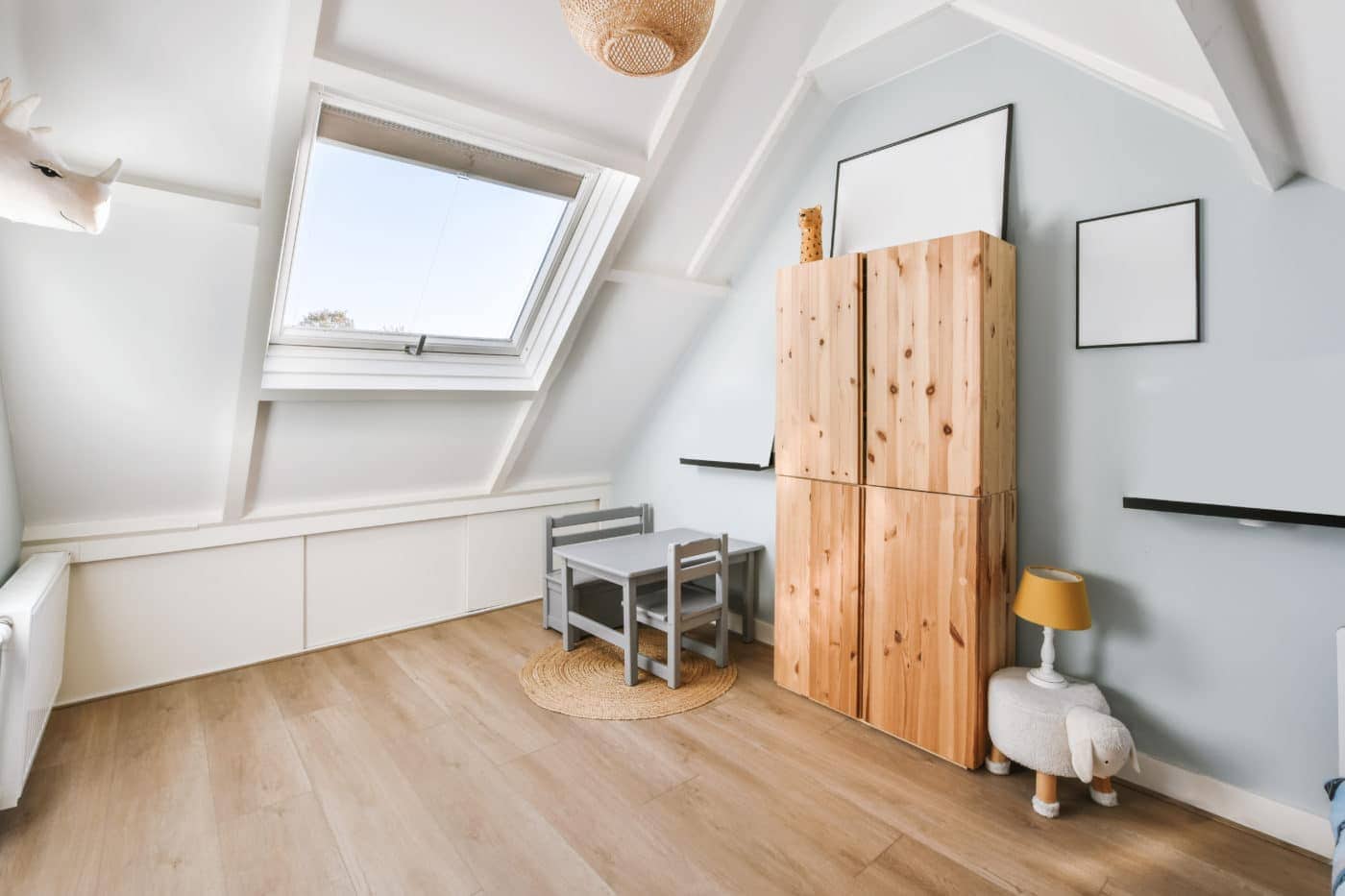
In Your Bathroom
Considering how much time we spend in the bathroom each day, a well-designed sanctuary is a must. Glass usage can go far beyond the traditional, including unique decorative applications like:
- Shower doors and enclosures – The largest piece of glass bathroom is likely surrounding your shower. Turn this functional feature into a stunning centerpiece with textured or frosted glass shower doors, or add a striking etched glass design to your bathroom glass shower partitions.
- Glass partitions – For those with bigger bathrooms, a glass partition can be helpful to section off areas of the room. Try using colored or frosted glass to separate the shower area from the sinks, or create a “stall” around the toilet.
- Countertops and vanities – Glass isn’t just for mirrors and doors; a decorative glass counter in the bathroom is sure to draw attention. Opt for colored glass or a “shattered” texture.
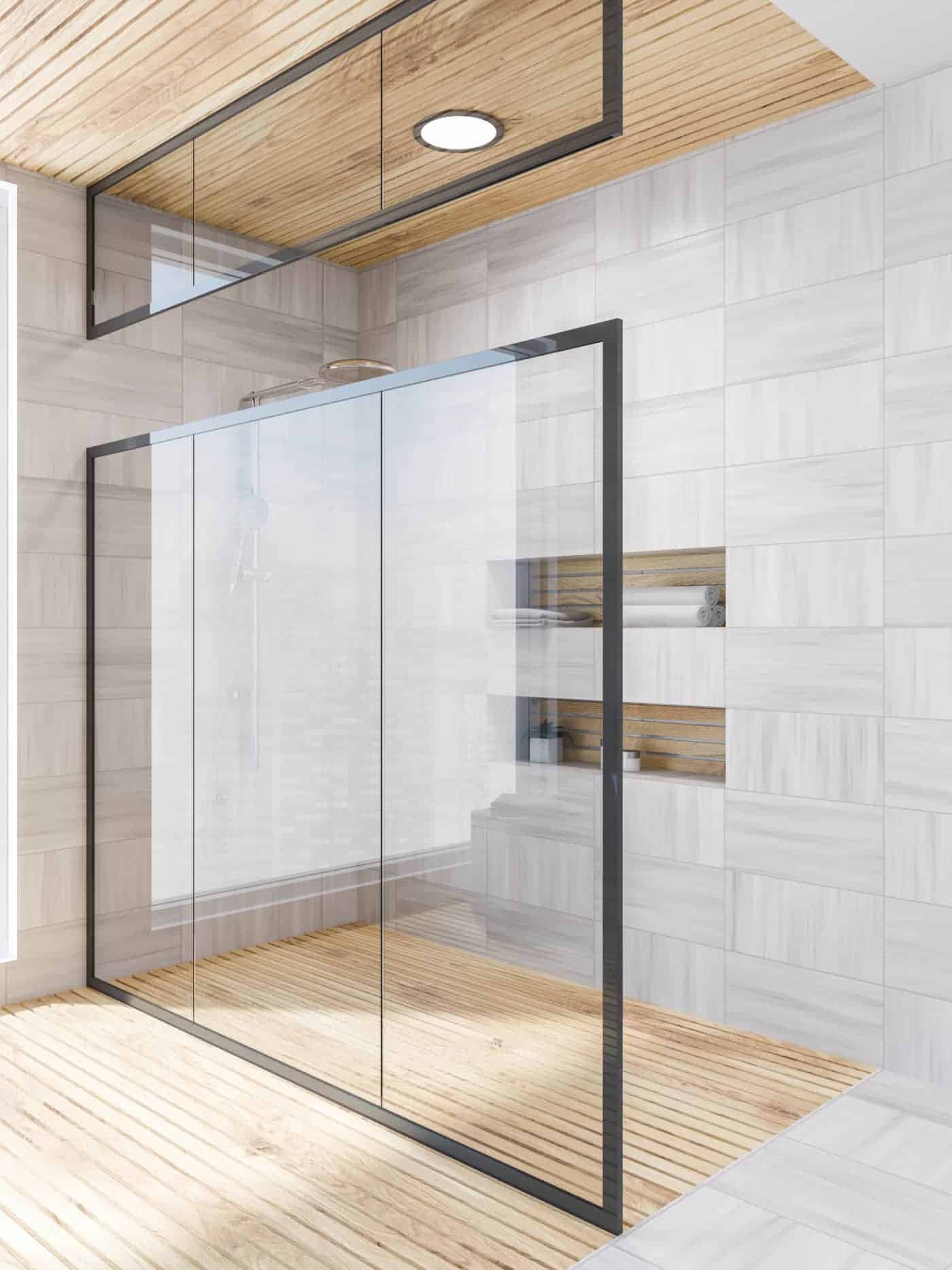
In Your Kitchen
The kitchen is a prime location for decorative glass because it adds aesthetic appeal to a highly functional interior space without compromising practicality.
Here are some popular uses to inspire you:
- Backsplash or bar back – Glass makes for a jaw-dropping backsplash or bar back. Whether you create a mosaic of colored glass or install a single pane of frosted glass, you’ll have a pleasing backdrop that’s easy to clean.
- Glass dividers – In an open-concept home, glass partitions can act as walls between the kitchen and the living space. A frosted or tinted glass room divider is a safer choice than transparent glass, as guests may bump into a glass divider they can’t see!
- Kitchen cabinets – Because it offers the right blend of visibility and aesthetics, etched glass is a popular selection for cabinet and pantry doors.
- Overhead lighting – If you have a kitchen island or a bar, a stunning glass chandelier can add a touch of modernity or a dash of classic elegance. Beveled glass chandeliers feel antique, while etched glass helps attenuate the bright light and provide a moody ambiance.
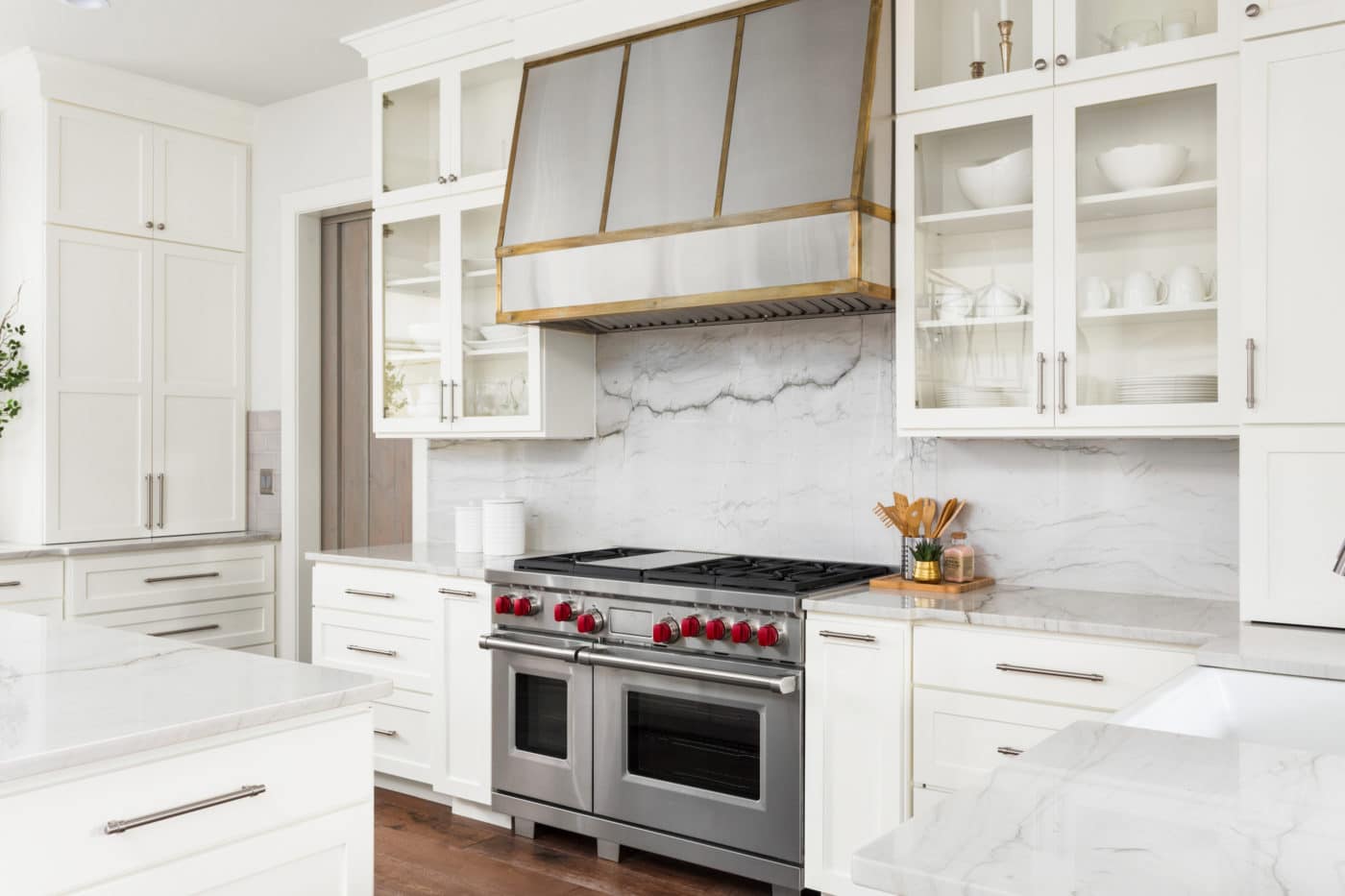
Throughout Your Home
Due to its water-resistant nature, glass is most common in high-moisture areas like bathrooms and kitchens. But using decorative glass throughout your home is a phenomenal way to add visual intrigue. Some ideas include:
- Glass tables – A glass tabletop is sophisticated and easy to clean. Beveled glass tables present a finished look, making them a welcome addition to any living or dining room.
- Railings – Glass railings are ideal for creating an open-concept feel, especially if your staircase doesn’t touch the wall. Depending on your vision and current interior aesthetic, you can use any decorative glass to make railings more interesting.
- Glass feature wall – If you’re a big fan of decorative glass, why not dedicate a whole wall to it? Glass walls may be more common in hotel lobbies, but that’s what makes them so striking in a residential setting. Glass feature wall design can incorporate etched glass for imagery, colored glass for dazzling light displays, or frosted glass for a three-dimensional look.
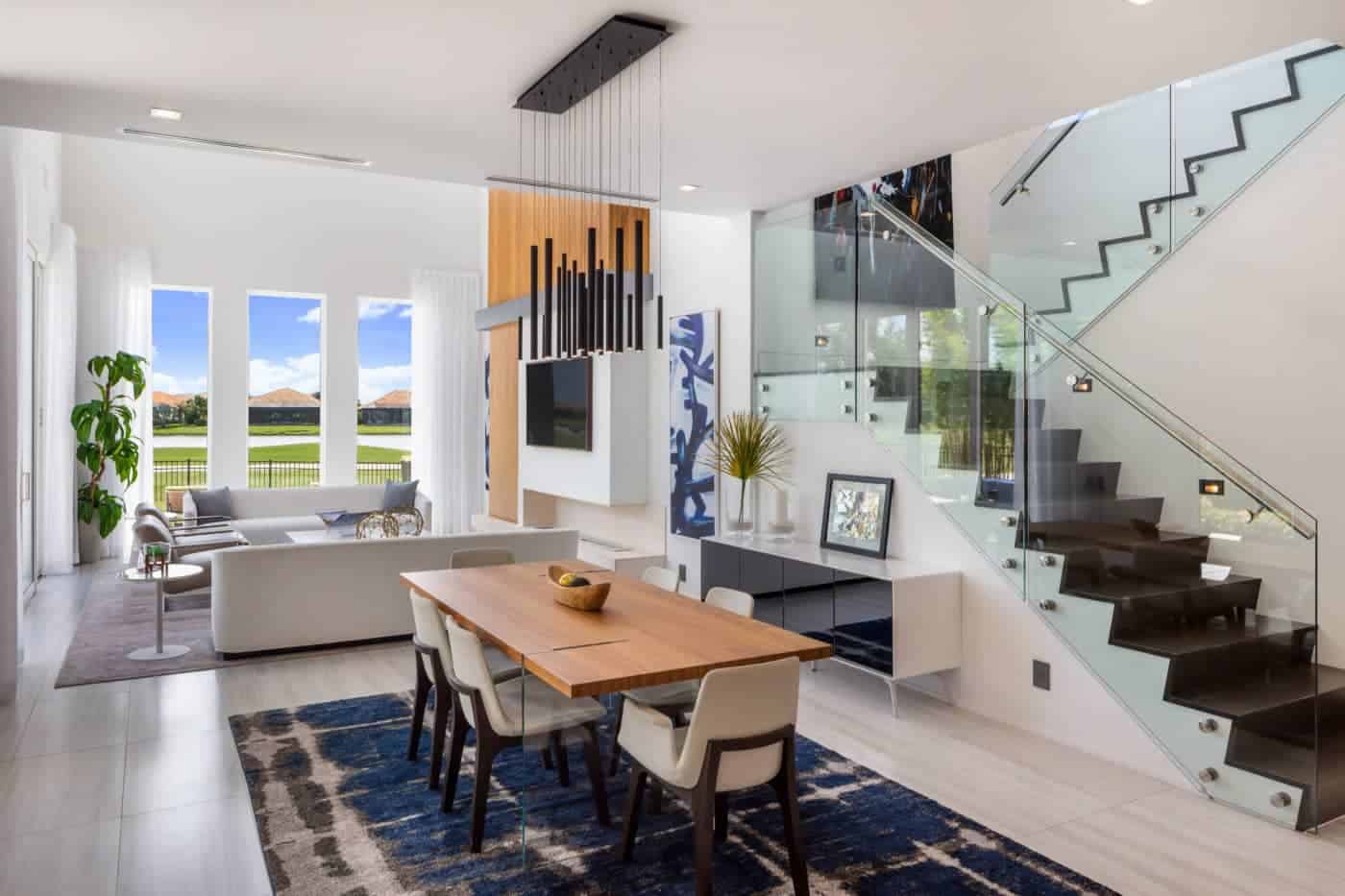
Trust the Glass Experts with Your Next Home Makeover
As you can see, glass can hold its own as a creative medium. The next time you consider a home upgrade, think of glass as more than just a way to see into or out of a room; glass is art in its own right!
And when it’s time to begin work on your next project, call The Glass Guru. We’re your local source for standard and decorative glass. We have the material and the know-how to lend a helping hand—no matter what you have in mind.




